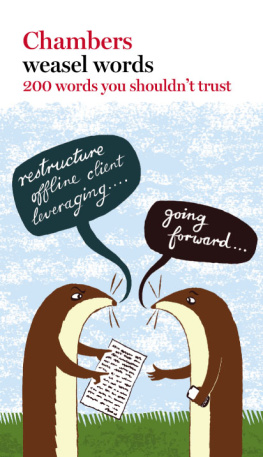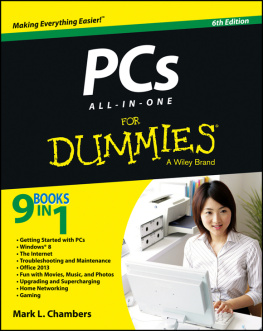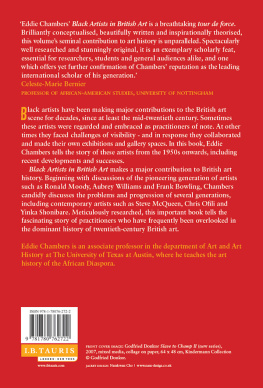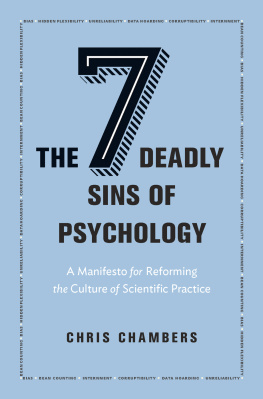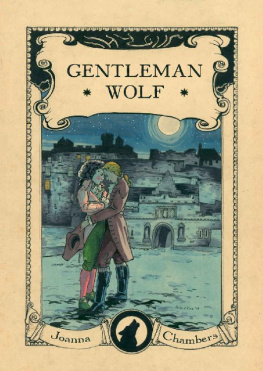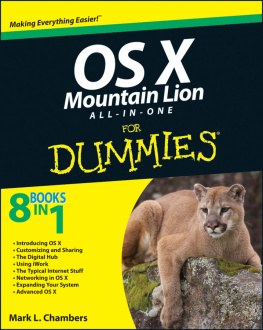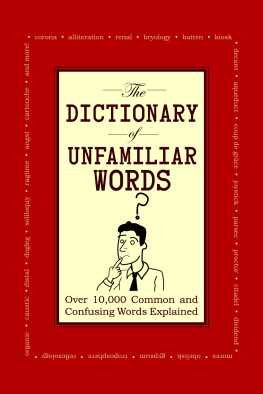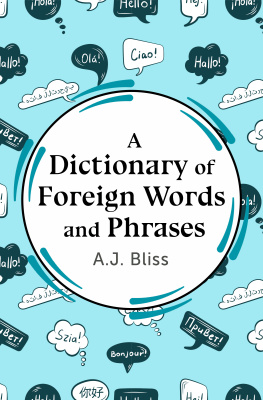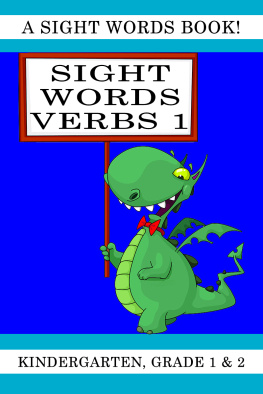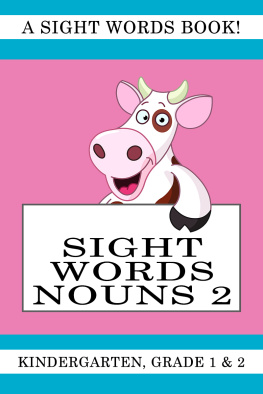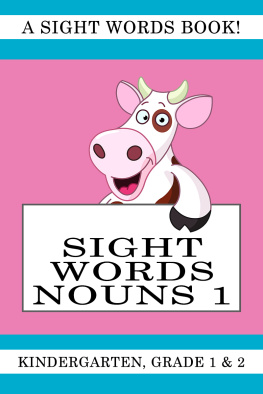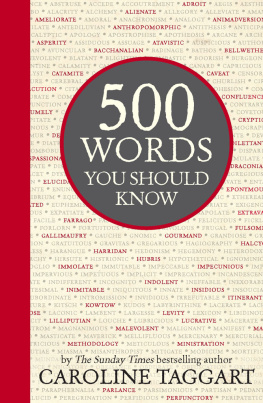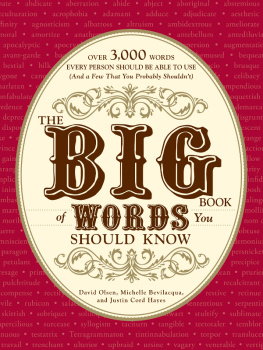All rights reserved. No part of this publication may be reproduced, stored in a retrieval system, or transmitted in any form or by any means, electronic, mechanical, photocopying, recording or otherwise, without the prior permission in writing of Chambers Harrap Publishers Ltd, or as expressly permitted by law, or under terms agreed with the appropriate reprographics rights organization. Enquiries concerning reproduction outside the scope of the above should be sent to the Rights Department, Chambers Harrap Publishers Ltd, at the address above.
You must not circulate this book in any other binding or cover and you must impose this same condition on any acquirer.
A CIP catalogue record for this book is available from the British Library.
We have made every effort to mark as such all words which we believe to be trademarks.
Typeset in Adobe Caslon Pro and Arial by Chambers Harrap Publishers Ltd, Edinburgh
They say you shouldnt trust weasel words.
But who are they, exactly?
Presumably, its the same lurking, omniscient, mildly disapproving they who attribute the coining of the phrase to a lawyer which does admittedly have a certain ring of plausibility about it. Tat lawyer, Stewart Chaplin, was actually arguing against weasel words, although he chose to do it in fiction rather than the courtroom, in a short story published in 1900 within the pages of US literary periodical The Century Magazine.
Chaplin outlined his concept of weasel words as words that suck all the life out of the words next to them, just as a weasel sucks an egg and leaves the shell. Perhaps the younger Stewart studied Shakespeare in high school in Act II of As You Like It, the dolorous lord Jaques claims, I can suck melancholy out of a song, as a weasel sucks eggs.
In the UK, the weasel is thought of as being a singular untrustworthy, shifty-looking creature distinct from the stoat, say, or mink but in the US it can be applied to 16 different species. Similarly, this volume contains all sorts of words that could be described as weasel-esque. Some were born weasely, while others had weaselyness thrust upon them, clumsily stitched together from vogueish buzz-terms. It can seem like theyre everywhere.
Such bubbling paranoia means that there is room under our ermine-lined umbrella term for hollow business jargon such as granularity and cloud computing, for reality-denying military terms such as friendly free and surgical strike, for property-improving descriptors such as compact and bijou. Theres also a picnmix selection of those words employed in prose in an attempt to make the writer appear clever, such as quixotic and veritable, although they frequently sound awkward when voiced aloud in everyday speech. So, a veritable treasure trove awaits!

The majority of citations of weasels captured frolicking in the wild were taken from the wide-ranging Chambers Harrap Corpus, a scrupulously-mapped galaxy of disparate sources housing relevant examples of how modern English is being employed. Te corpuss enviable global spectrum allows linguistic snapshots of unrivalled focal length.
A confession: this volume features more weasel words than merely the ones that stand accused at the top of each page. Combing through the definitions and commentary, readers may encounter the odd vague generalization, clumsy non sequitur, miscalibrated qualifier, jury-rigged modifier or shop-worn euphemism (although hopefully not all in the same entry). Whether we like it or not, weasel words are part of our language, and are damned tricky to eliminate entirely. So are they manifestations of a genuine, corrosive pestilence? Should we actually be trying to exterminate them?
As Chaplin said about his imagined hollow eggs, a basketful of them would make quite a show, and would bamboozle the unwary. No-one likes to be bamboozled, but it can be advantageous to have a constant, pricking reminder that words can be wielded as weapons, and that some practitioners prefer sneak attacks. The continued existence of such words, those flexible in both meaning and morality, may help keep us engaged with the language were speaking, and perhaps more importantly interrogative of what were being told.

During a speech in St Louis in 1916 attacking then-President Woodrow Wilson, Theodore Roosevelt thundered: If you use a weasel word after another there is nothing left of the other. Fiery stuff! But we prefer the definition offered in Kenneth Grahames beloved riverbank tale The Wind in The Willows. Attempting to describe weasels to his new friend Mole, Ratty describes them as all right in a way but well, you cant really trust them. And who would know better than an affable water vole?

verb
If you acquiesce in something, you accept it or agree to it without opposition.
The word originates from the Latin acquiescere which means to rest or to be satisfied and something about its soothing arrangement of vowels certainly suggests serenity. The inherent lyricism that inspired Noel Gallagher of Oasis to adopt the word as a song title means acquiesce has also proved popular among hard-bitten news journalists unafraid to reveal a glimpse of their poetic heart.
Thirty years ago many western Europeans were too ready to acquiesce in eastern Europes indefinite enslavement by the Soviet Union.
The Guardian
But in its long journey toward modern usage, it has become shaded with another meaning: grudging surrender, where objections must be suppressed to project the right public image. This coded sense of submission is signalled by its increasingly common construction acquiesce to, which is often considered to be incorrect.
The Government has acquiescedto the setting up of a commission, headed by a former Supreme Court judge who will investigate all aspects of Israels handling of the conflict.
Sydney Morning Herald
The United Nations Security Council has frustrated Pakistans attempt to get Interpol to acquiesceto its claim that it was not sheltering Indias most-wanted don.
The Times of India

actionable
adjective
If something is actionable, it gives reasonable grounds for legal action.

